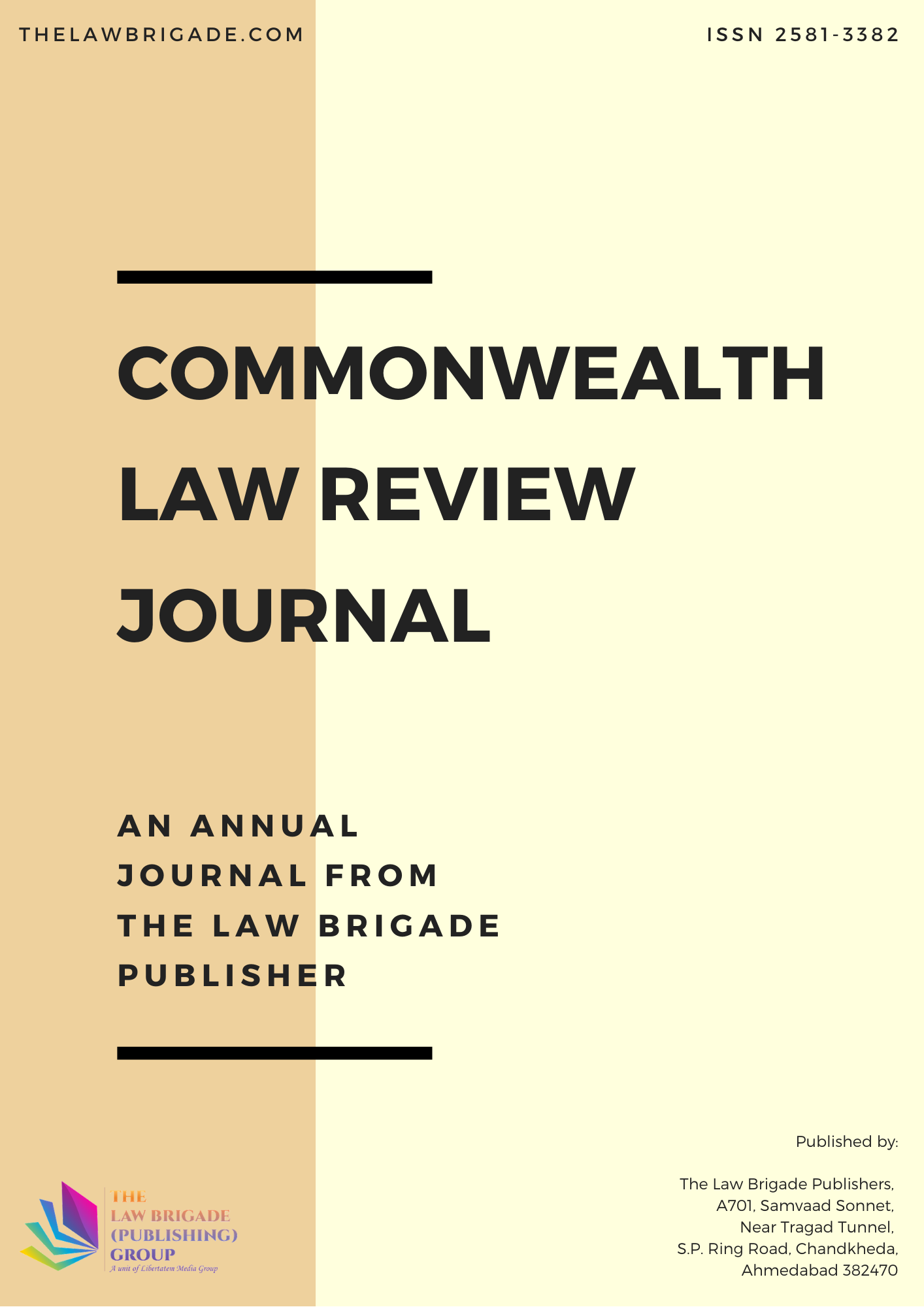With the advancement of commercial technology, cross-border trade is no longer the exclusive realm of large multinational corporations. Economic growth has compelled businesses to extend outside their native jurisdictions and to coordinate their activities across national borders. As a result of the increasing globalization of business practices, organizations are exposed to a diverse range of legal frameworks. The true problem arises when a business that taps the worldwide market and has assets and creditors scattered across numerous international regions becomes insolvent. In such circumstances, governments must have well-structured legislation and a proper procedural framework in place to manage international insolvency.
This paper examines the current laws in India that govern “Cross-Border Insolvency”, as well as its flaws, and then explores the development of historic cases such as Videocon[i] and Jet Airways,[ii] which suggests that provisions relating to international insolvency, if adopted in due time will be a roaring success for the Code and the tribunal.
[i] State Bank of India v Videocon Industries Limited MA 2385/2019 in C.P.(IB)-02/MB/2018
[ii] Jet Airways (India) Ltd. v. State Bank of India & Anr [2019] ibclaw.in 126 NCLAT





